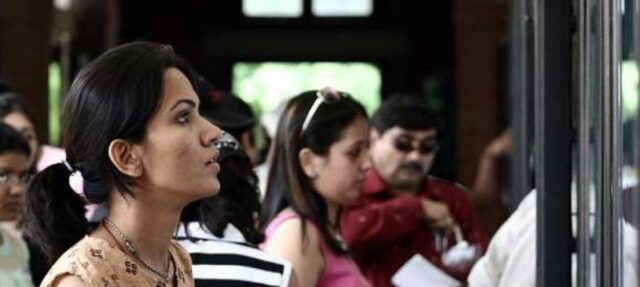NEW DELHI: India calling! The government is inviting the world’s top 100 foreign universities to set up shop in India. The move which is part of the new education policy recently unveiled by the Centre, could give Indian students the best university education right here, at home.
Educators across the board have supported the government’s move, saying it will help put India on the world map. “We should encourage the foreign universities to come. That will help us go up in global rankings. Right now, we are only competing among ourselves, if at all. With the entry of foreign institutions it is a huge opportunity for us to learn,” said Prof John Varghese, Principal, St Stephen’s College.
The move has been on the anvil for some time. As a report by Assocham pointed out, the number of Indian students now studying abroad costs India as much as $17 billion a year in lost revenue. The fact that Indian institutes can now directly interact and compete with the best, could improve standards. But there are concerns too. Won’t foreign universities poach the best of India’s teaching talent? Which body will regulate them? And will it not increase the already deep inequalities within India’s education system? The last is certainly a cause for concern.
Furqan Qamar, professor at Delhi’s Jamia Millia University, believes this could be the case. “Existing trend of increasing privatisation and reduced institutional investment as far as public institutions are concerned are likely to be exacerbated. There is no doubt about this. Already, for the dominant proportion of students studying, affordability is a major issue. Those trends would be extended which is a real concern.’
This is where further clarification needs to be provided. The entry of foreign universities is good but will there be a cap on fees? How will government ensure domestic universities don’t raise fees in turn? The focus on digital education is also good but how will the government ensure it reaches areas where there is poor connectivity? This is where good university education is most needed. What is the framework regarding scholarships for the less privileged? The original draft of the Kasturirangnan committee stated that meritorious students would be admitted irrespective of their ability to pay. Will the existing guidelines still apply or will they be changed?
The government needs to tread very carefully here because unlike universities abroad which only rely 30 percent on school fees – the rest comes from grants and philanthropic institutions – many institutions both public and private in India are reliant on government grants and fees. Already, grants to public institutions were tightened under the General Financial rules of 2016-17.
Despite many questions, educationists remain positive about the new move. “I am sure the new Ministry of Education as a regulator must and will take steps to ensure that it is a level playing field. The ultimate beneficiaries will be the students and we must keep them in the foreground,” says Prof Varghese.
















